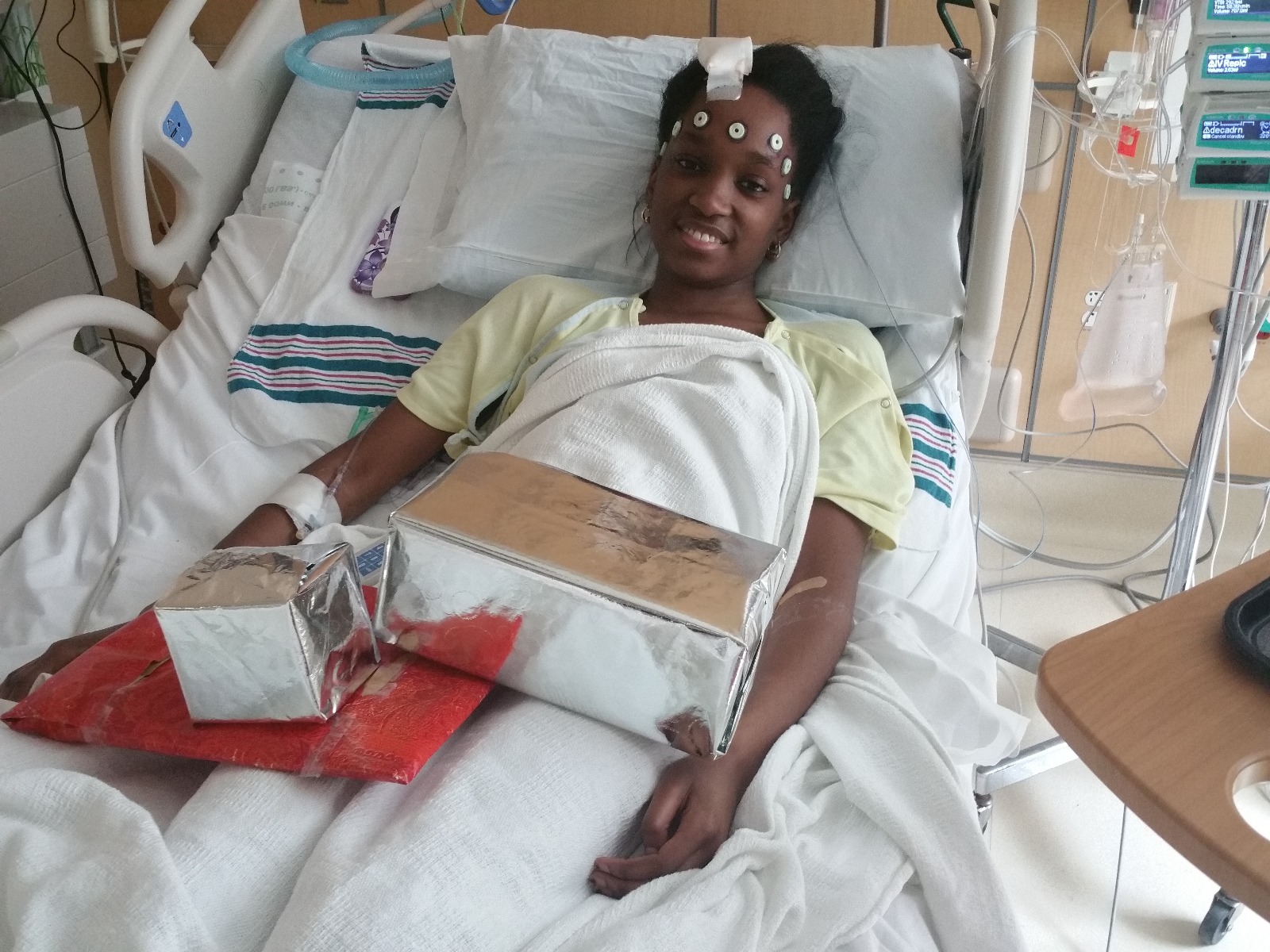No parent ever wants to imagine their child facing a life-threatening illness. But the reality is that critical illnesses can strike unexpectedly, throwing families into a whirlwind of chaos and uncertainty. While some diseases may have early warning signs, this post focuses on those sudden, severe health crises that land children in the ICU.
The Statistical Reality
While specific statistics can vary by country and the definition of “critical illness,” the impact is undeniable:
- Childhood cancer: According to the American Cancer Society, childhood cancer is diagnosed in about 10,590 children in the United States each year.
- Serious accidents: Accidents are a leading cause of childhood death and critical illness. The CDC reports that unintentional injuries result in approximately 9.2 million emergency department visits for children yearly.
- Infectious diseases: Conditions like sepsis or meningitis can rapidly escalate, requiring intensive care.
These statistics paint a stark picture: critical illness is a reality for many families.
The Ripple Effects
The impact of a child’s sudden critical illness extends far beyond the hospital walls. It disrupts every facet of family life, creating a cascade of challenges:
- Emotional turmoil: Parents grapple with fear, anxiety, and guilt. Siblings may experience confusion, resentment, and loneliness.
- Financial strain: Medical bills, lost wages due to time off work, and unexpected expenses can quickly become overwhelming.
- Logistical nightmares: Juggling childcare for other children, managing household responsibilities, and navigating the complexities of the medical system add to the stress.
- Strained relationships: The intense pressure can strain relationships between spouses, extended family, and medical professionals.
Sharing Our Stories
The experience of facing a child’s critical illness is deeply personal and often isolating. Sharing stories can provide solace, validation, and a sense of community. We invite you to share your experiences in the comments below. How has your family coped with the sudden critical illness of a child? What resources or support systems have been most helpful?
Remember: You are not alone. By sharing our stories and raising awareness, we can support each other, advocate for better resources, and care for families facing these challenges.


